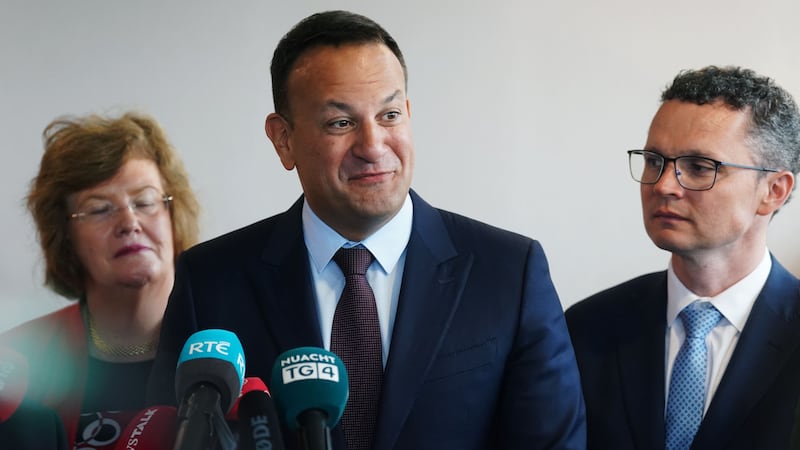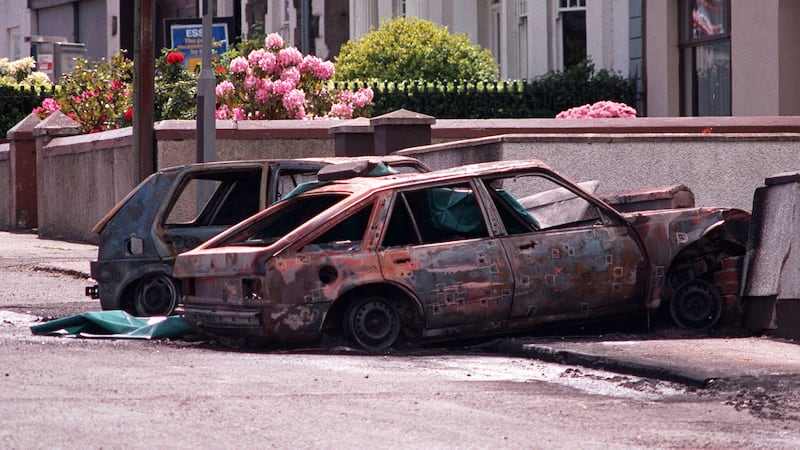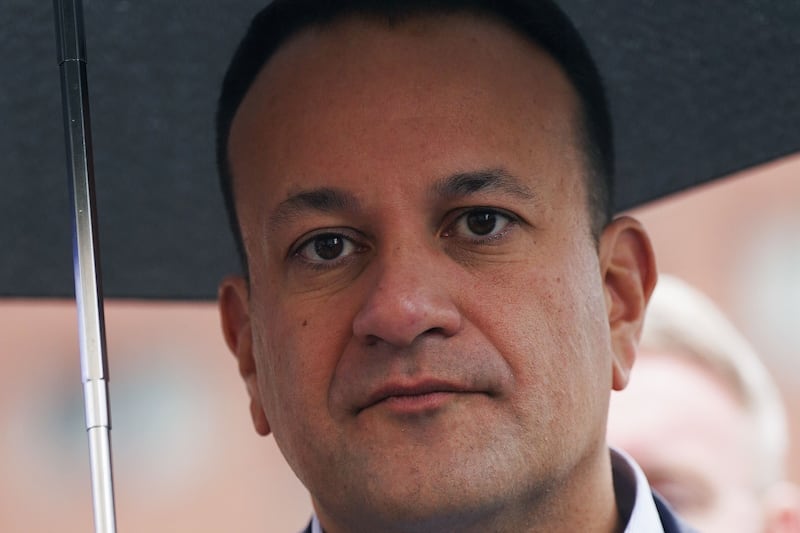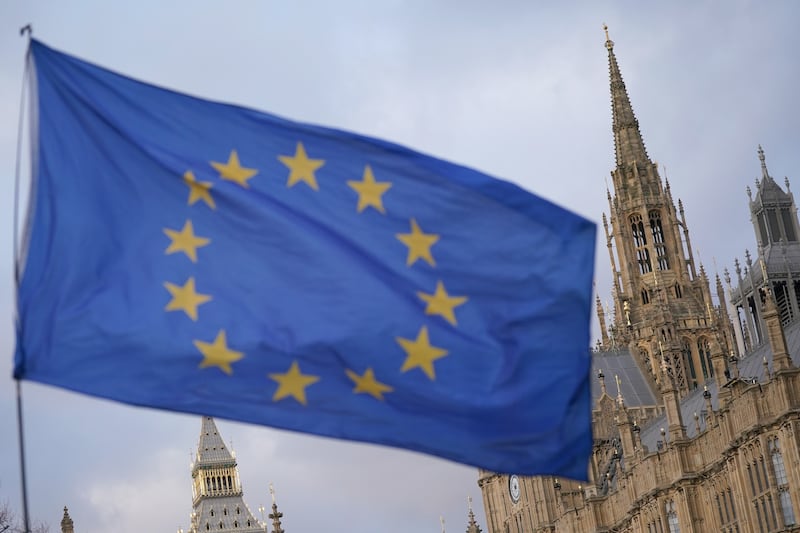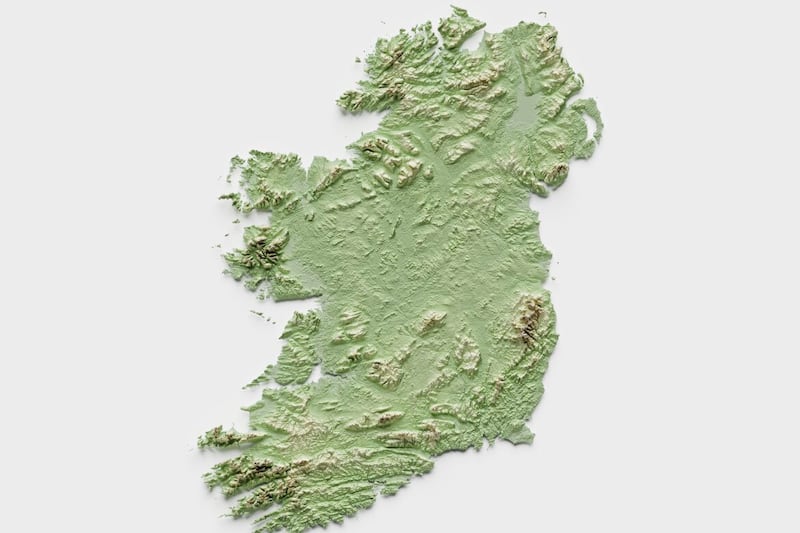Leo Varadkar has claimed "double standards" apply to Irish politicians when it comes to voicing their opinion on the constitutional question.
The taoiseach was responding to comments by Secretary of State Chris Heaton-Harris earlier this week in which he described the Fine Gael leader's claim that there would Irish unity within his lifetime as "unhelpful".
Mr Heaton-Harris was also critical of the taoiseach raising the potential for a "plan B" if the DUP's boycott of the institutions persists.
Speaking at a Fine Gael think-in event in Limerick, the taoiseach said his views on Irish unity were not new.
"I think, as is often the case when it comes to politics, people read too much into it. It's something I have said before on multiple occasions, and it was in response to a particular question," he told RTE.
"I'd ask this question, which is: Rishi Sunak the prime minister describes himself as a proud unionist, he has been appointed by himself as minister for the union. Liz Truss did something similar. So did Boris Johnson. The secretary of state often talks about how committed he is to the union.
"Not only do we accept that, we respect it. Why is there a double standard applied to Irish politicians when we say what's in our constitution, that we'd like to see a united Ireland and work towards it?"
Read more: Tom Collins: Will someone please tell the NIO Irish unity is a legitimate aspiration?
Varadkar says Ireland has been ‘extraordinarily helpful to British government'
Mr Varadkar repeated his assertion that the Irish government had been helpful to the British post-Brexit.
On the Stormont impasse, he said the DUP attempts to extract concessions on trade and sovereignty issues from the British government "can't be ongoing forever".
SDLP leader Colum Eastwood "every single person on this island" was entitled to "aspire to the kind of future they want to see", something he said was "enshrined in the heart of the Good Friday Agreement".
"Whether you believe in Irish unity or maintaining the union, it’s up to both camps to do the hard work in preparation for any referendum and to make their case to the public," the Foyle MP said.
